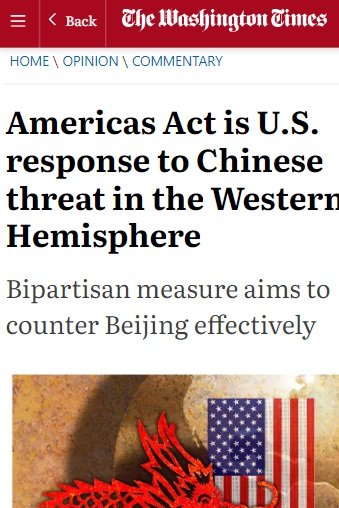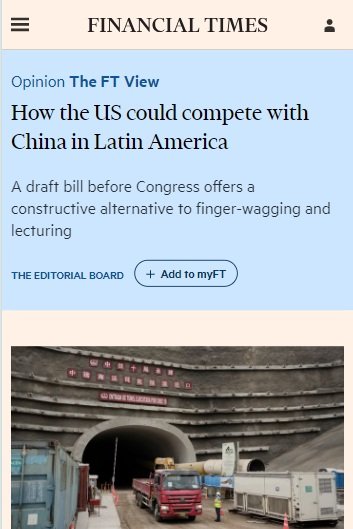Support Americas Act
Unlock circularity with the first Federal textile reuse and recycling incentive provisions in history!
Closes the de minimis loophole
15% net income exclusion for related businesses
Over $14 billion in loans and grants for: reuse, recycling, repair, rental, reverse logistics and related businesses.
$1 billion for textile related innovation
$100 million public education program for textile reuse and recycling
The U.S. generates 17 million tons of textile waste annually, with 85% ending up in landfills.
Take Action.
Join us in supporting to end textile waste in the U.S.! Read the full bill and our provisions here: Americas Act*
*Sections 232 (Pg. 74) and 199b ( Pg. 93)
Industry Support.
Add your support!
Share on Socials.
Share that you support the Americas Act and help spread the word! Together, we can drive positive change.
Sample Caption: “85% of all textiles in the U.S. end up in landfills. Let's change this statistic together. Support the America's Act, and let's end textile waste. #AmericanCircular #AmericasAct”
Contact Your Representatives.
One of the best things you can do to see the Americas Act advance is to contact your elected officials and explain why the legislation is vital for circular textile organizations, communities, and economic development. If you want to take it a step further, as an organization, invite them to visit your facility or headquarters!
In the News.
Americas Act FAQs
-
No, this is a Western Hemisphere trade bill, and applies to all industries. ACT's (American Circular Textiles) related portion of the bill is incentive based and non-regulatory, providing grants, loans and other incentives for circular businesses. Whereas EPR is funded through fees on producers, the funding for this bill is through closing the de minimis loophole.
-
The circularity portion of the bill, as of now, only applies to the U.S., thereby focusing on U.S.-specific efforts to mitigate our own waste.
-
If passed, there will be $10 billion in grants and $3 billion in loans for businesses operating in or supporting the circular textile economy.
-
If the bill passes, an organization established by the U.S. Treasury will administer the funding.
-
The de minimis loophole allows shipments valued under $800 to enter the United States without paying taxes or extensive inspection.
It allows fashion giants to thrive by exploiting unrestricted imports and enables unfair labor practices.
By closing this loophole, not only can the government ensure fair taxation and consumer protection, but it also stands to curb labor exploitation and foster a more equitable playing field in the marketplace, safeguarding both domestic industries and workers' rights.
-
No! If passed, this bill will be funded through closing the de minimis loophole.











































































